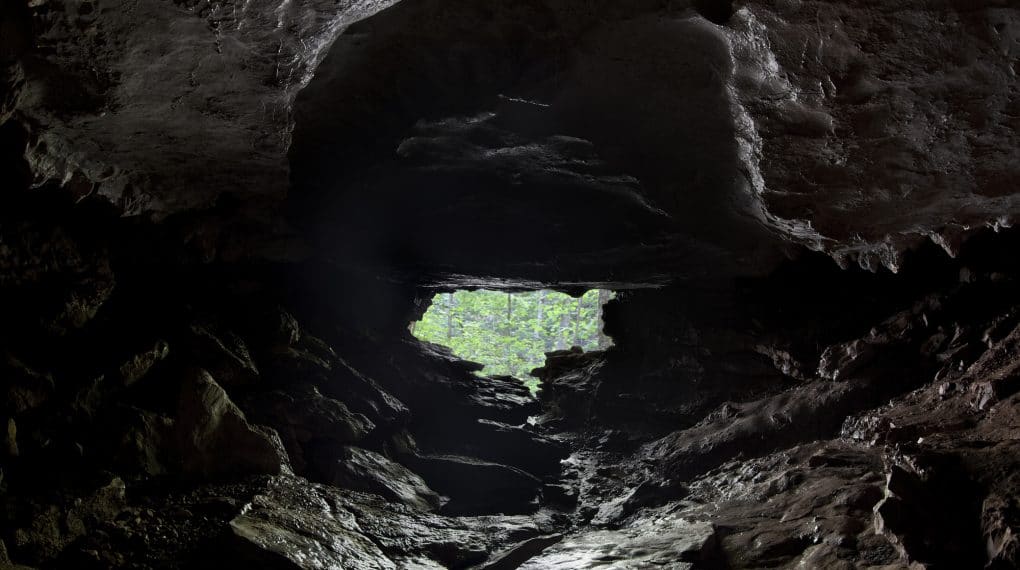In order to have a happy and successful existence on planet earth, you need to be at one with yourself.
Can you Meditate?
Close your eyes, take a deep breath and count to 20.
What did you think about during those 20 seconds?
Were you thinking about some work you should be doing, the fact you were wasting your time reading this, your tea, something you’ve forgotten to do that you should be doing, or just a general worry about the world?
Now do it again, but this time keep your mind completely blank. Don’t think of anything, whether this be your tea, work, stresses, family, anything at all, keep your mind completely blank. Take a deep breath, close your eyes and count to 20.
Did you manage to do it? I can almost guarantee that you utterly and completely failed. This is because unless you train your mind over a long period of time it is virtually impossible to have a blank canvas in your head at any time.
This is the art of meditation, spoken about in lots of different ways around the world. Being able to empty your mind is one that is of immense benefit to your health, your future prosperity and your happiness levels.
Hypnotherapy? What a load of nonsense
Many years ago, when I was 18 years old and heading off to university, I decided it would be a good idea to go and do hypnotherapy to try to “cure” my speech impediment which at the time was pretty bad.
I found a hypnotherapist based fairly locally by and went to see her in a rather run down house in Kings Heath in Birmingham.
To say I was cynical about the whole thing would be an understatement, but after the first session when she started talking to me about lying on a beach, closing my eyes and listening to the water, I woke up 30 minutes later without realising I’d actually done anything other than sit in a chair. The sessions helped change my speech and enabled me to develop confidence and fluency I had not experienced before.
Hypnotherapy – the art of meditation
The experience of hypnotherapy taught me the art of meditation, and this is the subject I want to focus on in this chapter.
Meditation is a way of training your mind to relax itself, avoid thinking of your worries, stresses and issues, and simply to switch off everything and focus on just peace, calmness and quiet.
Everyone who meditates has a routine they go through. Some people will do it during yoga, some sat in the lotus position, others will have a particular time of day when they just take time to sit quietly, and religious people are probably attaining this state of mind when they pray.
My Daily Meditation Routine
I go to the gym very regularly, usually after doing a three to five mile run and I always finish up with a session in the sauna or the solarium. This is when I do my relaxation of state of mind. It is a form of exercise, so in my mind I have exercised my body by going to the gym or going for a run, and then I exercise my mind by attaining a deep state of relaxation through meditation.
I go into the sauna, lie down and close my eyes. I try to picture a beach that is a particularly fond place for me, which is Criccieth Beach in North Wales. It has a castle on a mound, a small bay, the waves are rarely choppy, the beach is open and expansive and always quite quiet, and I have lots of happy memories of taking my family there over the years and playing in the sea, taking the boats out, digging sand castles, digging channels for the sea, playing beach football, French cricket, flying a kite or simply sitting on the promenade eating an ice-cream or a pie and chips.

Criccieth beach is my go to place for meditation. I will switch off from the world around me and concentrate solely on lying on that beach with the sun shining down, the waves splashing gently, possibly the children playing on the beach in front of me (I will very often picture them when they were much younger than they are now), and then try to imagine my day for a longer meditation, which will involve playing on the beach, walking up to the ice-cream shop (Cadwaladers – thoroughly recommended), spending more time on the beach and then going off to get pie and chips on the way home.
Everyone has a similar place they have been where they just think of the perfect day at the perfect time and just being completely relaxed. Have a think back through your life – where have you been most happiest – even if it was for just a few hours?
Switch everything off, everywhere
The key to meditating like this is to shut everything else out. So for example very often my thoughts will be invaded by a query in my mind as to the value of house at the moment in Criccieth and wondering whether I could afford to buy one, or thinking about the car I have driven to get to Criccieth and whether or not it needs cleaning at the moment.
This is very natural and quite common, but something you have to completely shut out of your mind when meditating.
The only thing you should be concentrating on is nothing. There should be nothing in your mind at all other than the narrative of being in your own special place and feeling completely relaxed.
Another place I like to go at times is to sit on a ski lift. My family and I have enjoyed many happy ski holidays in France (give or take a few broken down cars and broken limbs), and I have sat on numerous chair lifts going up the mountain in blazing sunshine over the years, closing my eyes and feeling completely relaxed. I can feel the sun shining on me, I can hear the noise of the chair lift, I can hear the sound of skis swishing on the snow below us.

Thinking about relaxing times is a way of feeling switched off from current realities and the work you are about to be doing for the rest of the day, which can be frenetic, chaotic and very intensive.
Meditating with a Blank Mind – the Brain Cave

The other method that some people use is to just have a completely blank mind. They are able to actually not have to think of a place to go but rather just be able to completely clear their mind of everything and create their own special empty brain cave (for want of a better term), where nothing is happening at all other than their breathing. If you can get to a blank state of mind in the form of a brain cave then that is extremely impressive, because it is something very hard to do. See how long you can stay in either your special place or your brain cave and work on gradually extending this further. Even 60 seconds is tough..
Incidentally if you go to sleep whilst you are doing this then your technique is not as good as you think. The key is to maintaining a blank state of mind but not going into a state of unconsciousness.
How long should I meditate for?
Personally I rarely go into the sauna or solarium and meditate for longer than 10 minutes, and when I’ve finished I always sit up for a little while first to let the blood rush back round my body, and then I stand in a cold shower. There is research to suggest that being cold can have the effect of reducing stress levels because your body concentrates on fighting the cold and is too busy doing that to think about other worries as well. I have personally always found it very beneficial to go from hot to cold and then carry on my day.
Exercise for your mind
I always feel very relaxed having been through my meditation and exercise routine. This does not work for everyone of course, but one of the keys to being happy is to ensure that you get plenty of exercise physically but also mentally, and meditation is a very easy and relaxed way for anyone to achieve this.
Is meditation for everyone?
Yes. You do not need to be an athlete, enjoy physical exercise, be sociable, be antisocial, be happy, depressed, cynical, optimistic – anyone can meditate and benefit from the peace and quiet that comes with being in your own mind without a care in the outside world. Its almost like a private special place that only you can get to.

Jonathan Fagan is MD of Ten-Percent.co.uk Limited and TP Recruitment Limited, a set of websites involved in a range of recruitment work. Jonathan has been running small businesses for over 20 years and has a number of interests and investments in companies as diverse as transcription, legal recruitment and a bit of marketing. He is an author of a number of guides and books, together with a children’s novel. In his spare time he enjoys playing golf, cricket, coaching girls’ football, operating a parent taxi, lots of running and paddleboarding on Bala Lake and the River Dee. He is a strong believer in a good work-life balance and regular blogs on making money vs enjoying life. Jonathan’s website is https://www.jonathanfagan.co.uk



